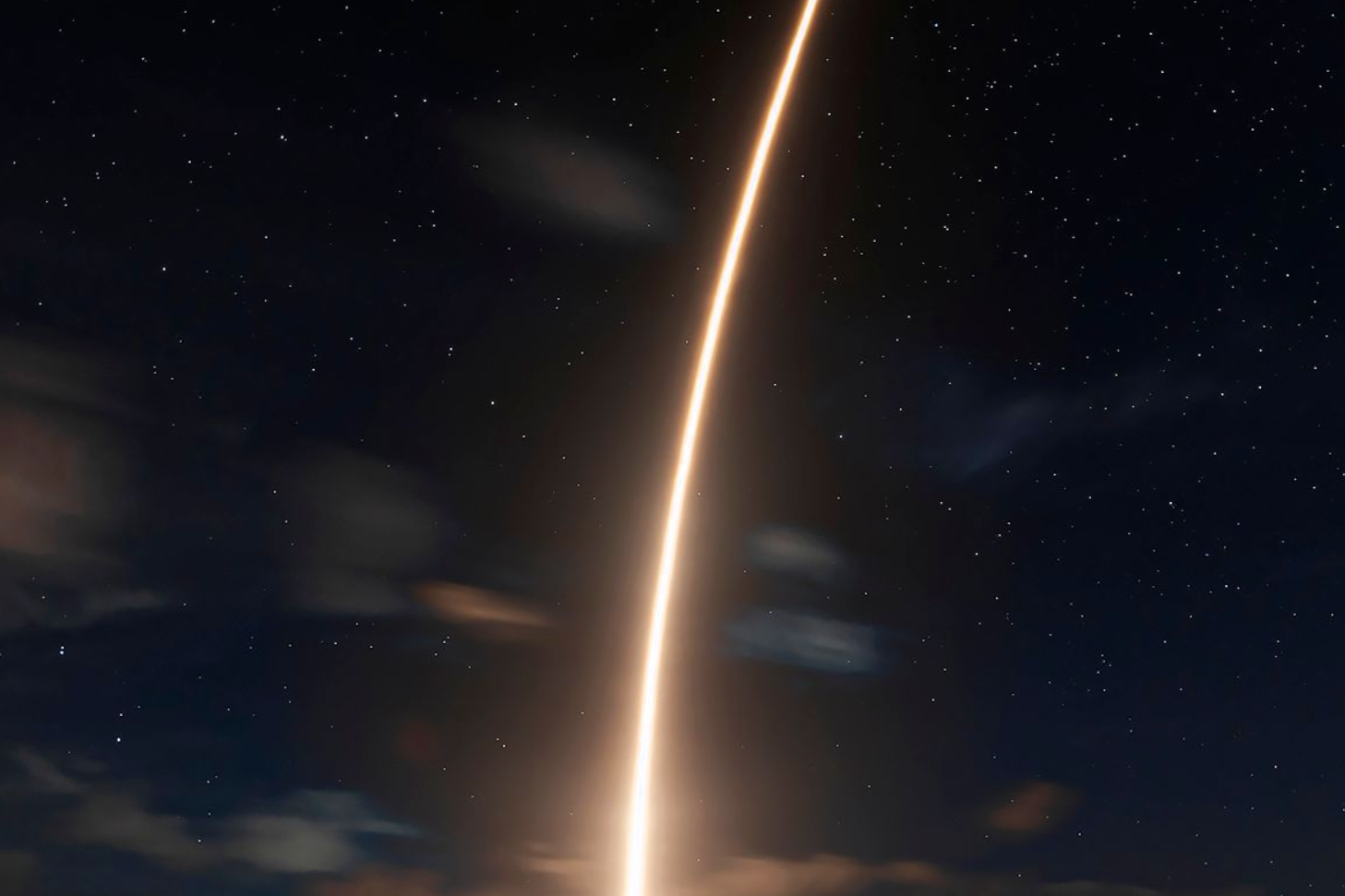Someone could soon be killed or injured by falling satellites every two years, US official report warns
Satellites run risk of bringing down aircraft, Federal Aviation Authority says

Your support helps us to tell the story
From reproductive rights to climate change to Big Tech, The Independent is on the ground when the story is developing. Whether it's investigating the financials of Elon Musk's pro-Trump PAC or producing our latest documentary, 'The A Word', which shines a light on the American women fighting for reproductive rights, we know how important it is to parse out the facts from the messaging.
At such a critical moment in US history, we need reporters on the ground. Your donation allows us to keep sending journalists to speak to both sides of the story.
The Independent is trusted by Americans across the entire political spectrum. And unlike many other quality news outlets, we choose not to lock Americans out of our reporting and analysis with paywalls. We believe quality journalism should be available to everyone, paid for by those who can afford it.
Your support makes all the difference.Someone could soon be at risk of dying or being injured by a falling satellite every other year, according to a new report.
By 2035, if SpaceX’s Starlink space internet satellites continue to grow in number, then they some 28,000 pieces of them will be falling from the sky each year, according to a report from the Federal Aviation Authority. The chance of one surviving its fall to the ground and injuring or killing someone would be 0.6 per year, it said – which would make it likely to happen once every two years.
They could even pose a risk to aircraft, it said. The probability of an aircraft being downed by a satellite would be 0.0007 per year by 2035, the report claimed.
The report was commissioned amid increasing concern about falling space debris, and the vast collection of material that has been put into space in recent years. Companies such as SpaceX are launching more and more satellites each years, and experts have warned that there is a danger of collisions both in space as well as on the ground.
The new report aimed to evaluate the risk posed by that falling space debris. It also suggests that some of the danger could be limited with more regulation.
But it notes that the FAA does not have any power over launches that happen outside of the US. As with many of the problems in space, the world currently lacks an international approach to space debris, new satellites and the dangers that those objects might pose.
The report primarily looked at the constellation of satellites that have been launched and are planned by SpaceX, for instance. The company has launched 5,000 such satellites already, and plans to increase that dramatically, and SpaceX represents over 85 per cent of the risk posed to people on the ground, the FAA’s report said.
But it did not look at other networks of satellites planned in other countries. Recent reports have suggested that China is planning its own huge constellation of satellites that will also offer their own space internet, named Guowang, for example.
SpaceX has said that the analysis used to calculate the number is “deeply flawed” and based on false assumptions about the danger posed by its satellites. The company’s satellites are more likely to burn up on entry than the report assumed, the company’s principal engineer David Goldstein wrote in a letter to the FAA, according to a report from Space News.
Join our commenting forum
Join thought-provoking conversations, follow other Independent readers and see their replies
Comments